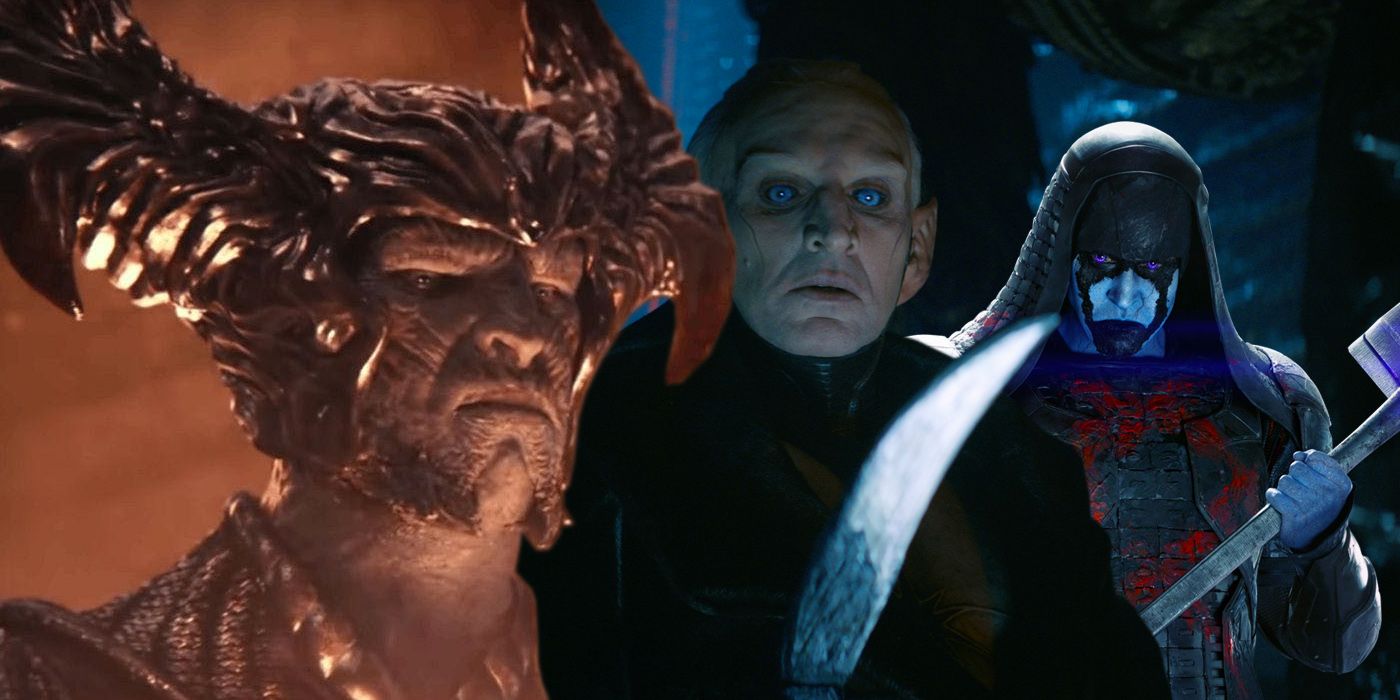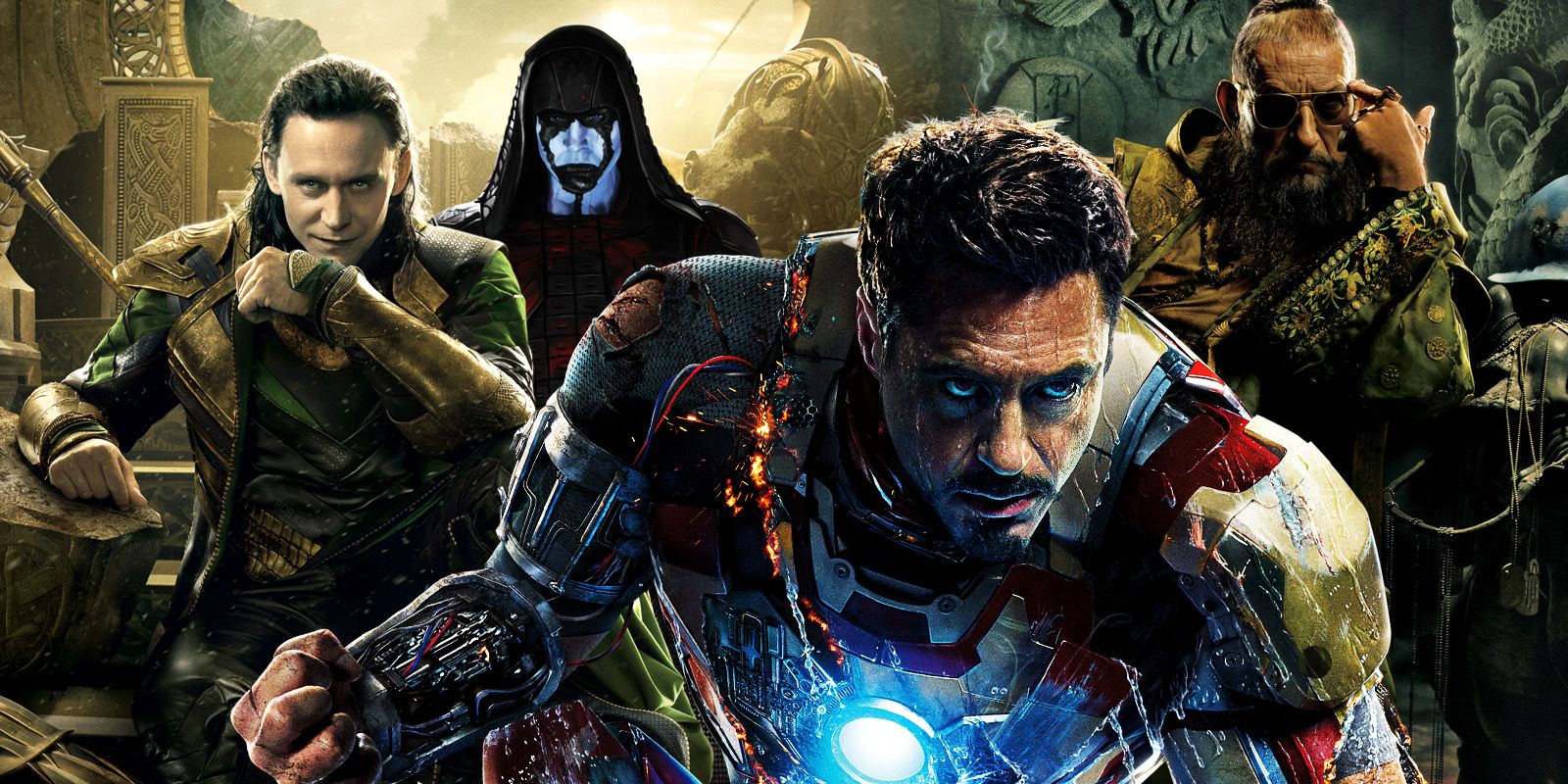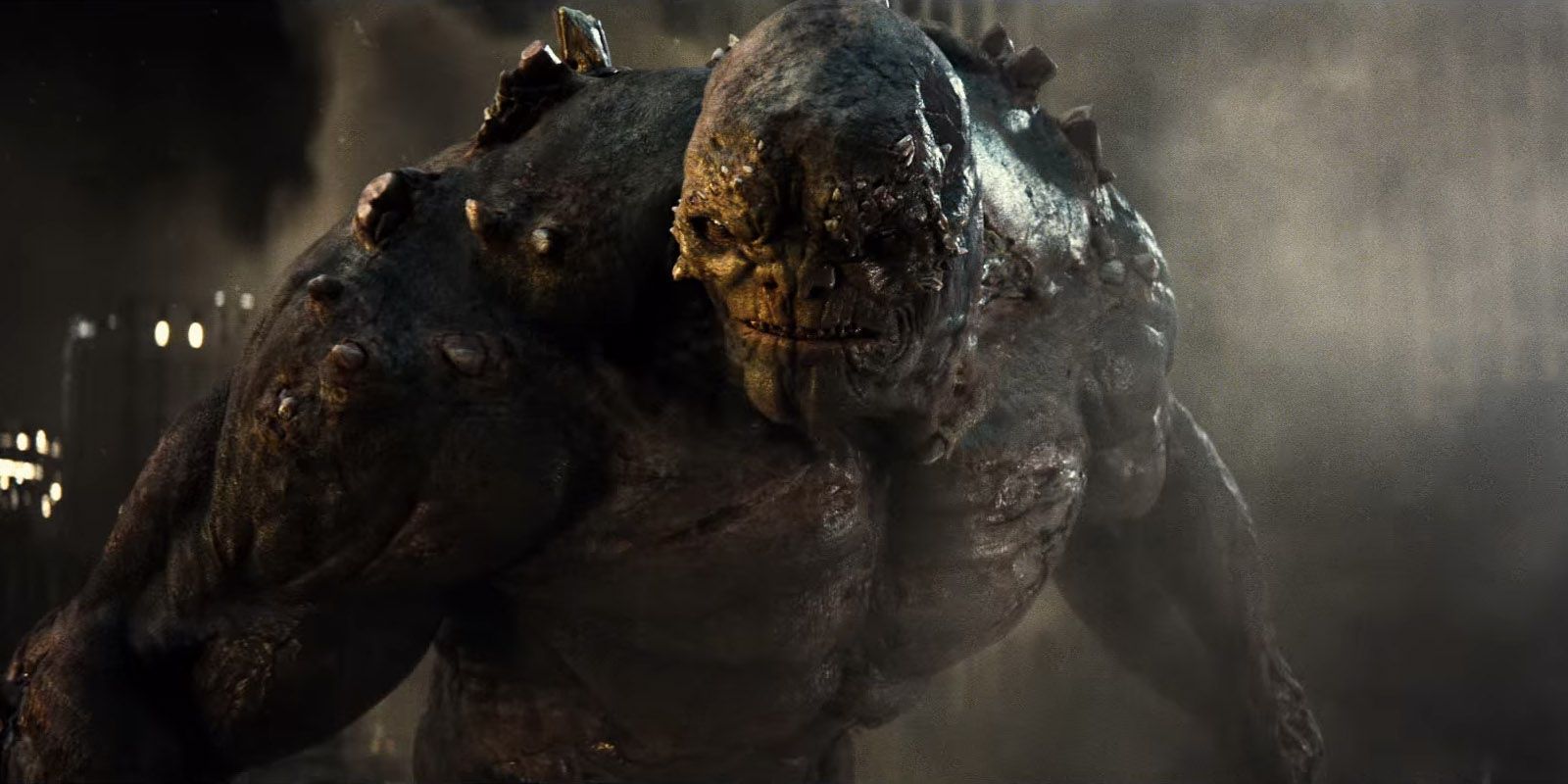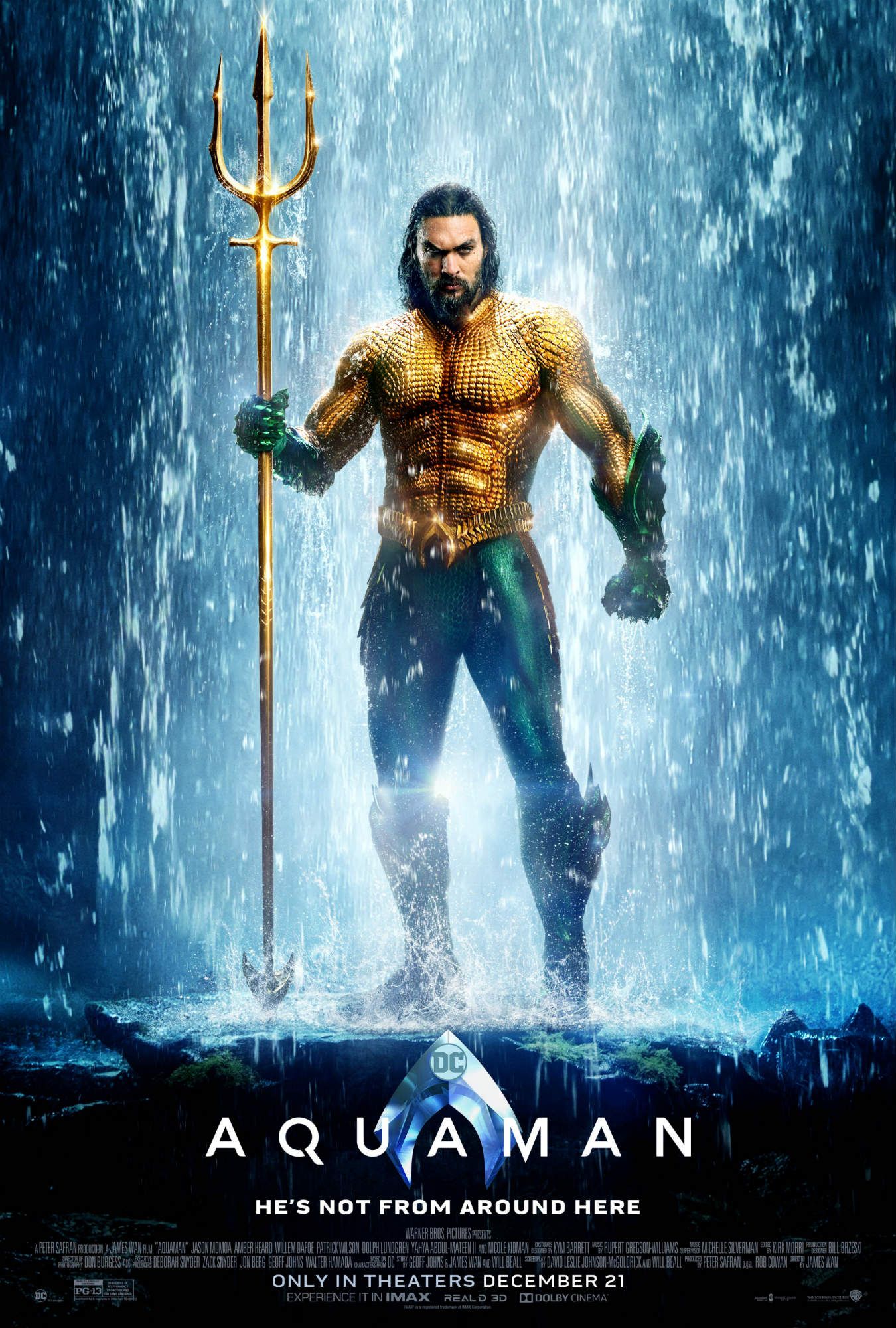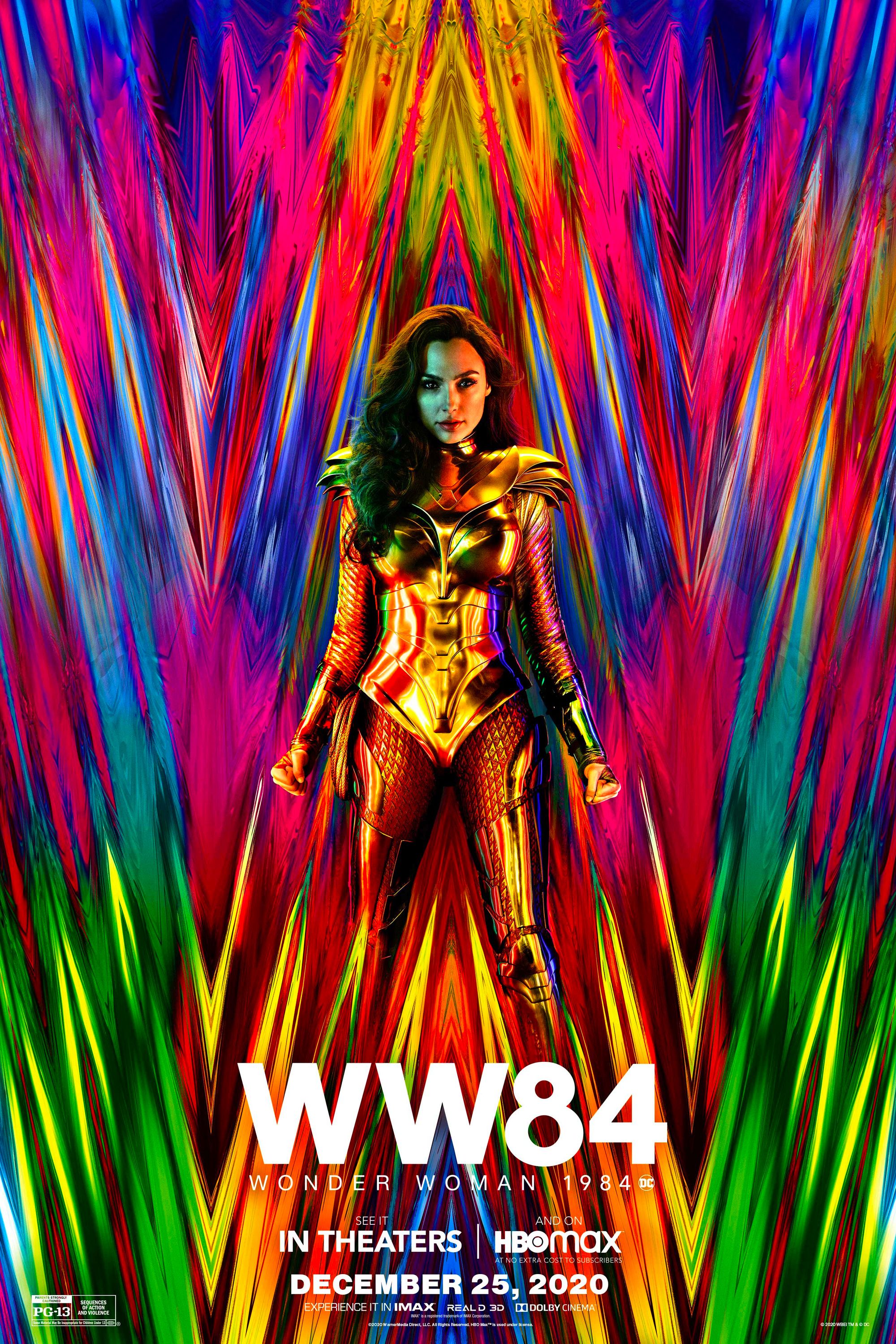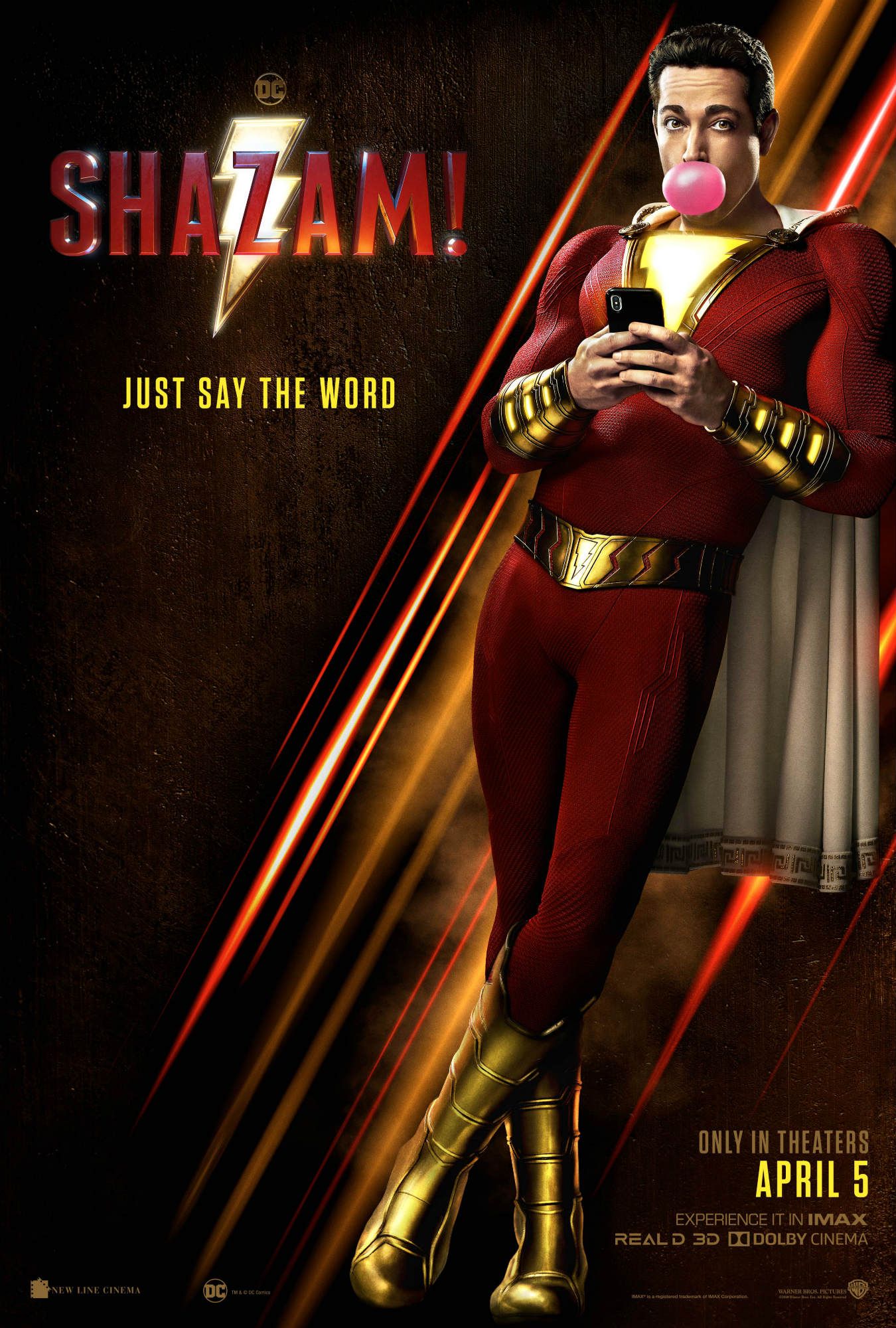One of the long-standing criticisms of the Marvel Cinematic Universe is its flippant use of villains. The DC Extended Universe is, despite the many ways it attempts to differentiate itself from the Disney-owned competition, repeating the same mistakes; most of its climactic battles ending with the adversary thwarted without a second thought for any use they may be to branching storylines.
Justice League, the latest entry in the DCEU, is a very flawed film, and one of its biggest flaws is lead bad guy Steppenwolf. An inhumanly tall, grey-skinned hunk of computer-generated-imagery and bad ideas, he's all but completely forgettable. The only real purpose he serves is to occasionally be a mouth-piece for some evil dialogue, threaten some innocent lives and then be something for the heroes to aim at in the final battle. Only a couple of his scenes, like his showdown with the Amazon forces on Themyscira, leave any kind of real impression and whatever role he was meant to play in setting up Darkseid as the grand villain for the League has been pared down to some offhand mentions that may or may not prove to have any greater meaning.
Related: Why Was Superman’s CGI-Erased Mustache So Bad in Justice League?
Steppenwolf is emblematic of a blase attitude both Marvel and DC have come to share towards their big bads. In Marvel's case, they've gotten all too comfortable with sacrificing their baddies for narrative closure, as in the good guys end up killing the not-good-guys, usually with a big light-show, thus allowing an easily satisfying conclusion. For an inter-connected cinematic universe based on a history as wide and deep as Marvel's, it's a continually disappointing use of potentially interesting characters and waste of potential long-term storytelling. Their heroes have never been all that's mattered, and one of the great pleasures of getting into the comics canon is threading various long-standing rivalries and embittered battles. The villains embolden what makes the protagonists so appealing, they test them and it's their recurrence, the threat of them re-appearing, that's a big factor in making bigger stories pop.
Killing them, especially within the same film they're introduced, undercuts all of that for short-term value. We don't get to see their relationship grow, nor is there any opportunity for the evil to expand and evolve. A fantasy universe with meaningful stories is one that reflects how both good and evil co-exist side-by-side and influence each other, how they drive each other, creating deeper and more meaningful narratives. The only Marvel villain we've gotten to see have an actual arc has been Loki, who's slid into more of an anti-hero role with the two Thor movies since the first Avengers (the same is true of The Winter Soldier). Most others are dead as of the movie they featured in.
DC have thus far done the same thing. All five DCEU entries involve the main hero (or heroes) defeating the main villain at the end in a giant battle of CGI. These set-pieces have invariably involved big character moments that were obviously intended to give them a sense of gravitas and scope, but most end with the baddie amounting to naught in the face of the hero's journey or sacrifice. Suicide Squad is slightly below Justice League as the worst offender in this category: Enchantress' brother, Incubus, has little motivation or semblance of depth to him, the epitome of a bad guy because the story needed a bad guy, and one who looks like a boss from a PlayStation 2 game to boot. Needless to say nobody is asking if he'll make an appearance should his sister somehow get resurrected for the sequel.
The other movies each offer different variations with mostly the same result. For Man of Steel, there's a prescient sense of acknowledgment and deconstruction of this trope. Superman snaps General Zod's neck, killing the last other Kryptonian to save a human family. Yes, it's the death of an antagonist, but it carries legitimate weight and it's a decision the hero didn't enjoy making. Superman lets out an agonized scream as he contemplates what he had to do and mourns for the burden he now has to bear. It's a questionable choice of ending for a Superman movie meant to re-introduce the character to modern audiences, but it's a choice that has logic to it thematically.
Related: The Death and Return of Superman Was The DCEU’s Biggest Mistake
Batman V Superman takes a different tact with a wildly over-written climactic exchange that changes big bad several times over. Ultimately the story settles on Lex Luthor, the maniacal billionaire tech-genius with illusions of grandeur, but that's after Batman, Superman and Doomsday have each had a go at being the villain of the piece. It's a third act that's at least entertaining in its use of sheer escalation, even if the end result is still a special effects-laden calamity where an iconic evildoer is brought in only to die.
Even Wonder Woman, for all that the movie got right, couldn't escape these short-comings. Diana faces off with an unmasked Ares in what is the most mundane action sequence of the film, ending with the God's demise. However, like Man of Steel, there is an underlying thematic value – using the backdrop of World War I as it will lead into World War II, Diana has killed the God of war but she cannot stop war itself. Mankind is still doomed to face terrible conflict in heinous, grueling circumstances. Wonder Woman can save us from many things, but she cannot save us from ourselves (or stereotypical narrative construction).
Which brings us back to Justice League, the first big budget live-action film about DC's legendary team. The realization of decades of canon and anticipation, and the grand ne'er-do-well they're facing is as cheap and tacky looking as they come. Even with the vague Darkseid connection, Steppenwolf is an uninspired, dull foe for our mighty heroes, barely managing to be a convincing reason they have to come together in the first place. The spawn of a deeply troubled production, there's seeds of a compelling adversary that just never see fruition, leaving him far from the commanding performance of the Trickster God Loki and his staff in Avengers.
Though at least in Steppenwolf's case, when he's thwarted, it's a relief that we don't have to put up with him anymore. An altogether on-the-nose metaphor for the reception to the film itself, and a strong signal to DC and Warner Bros. that if they want to compete with Marvel, they have a lot of work to do, starting with the mistakes they won't let themselves learn from.

